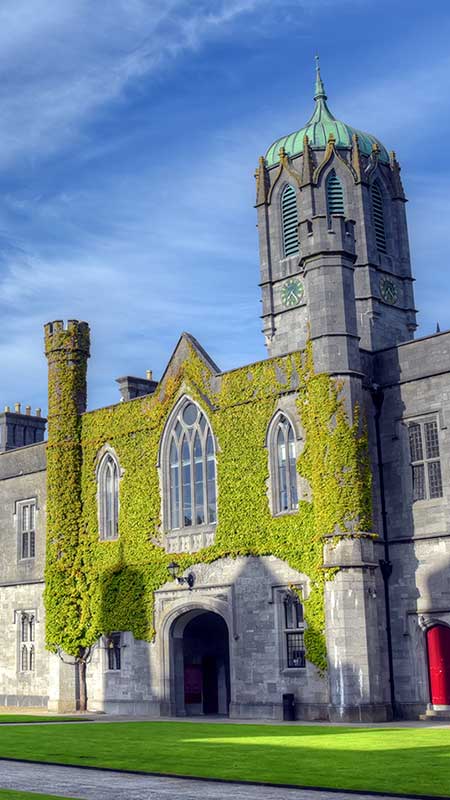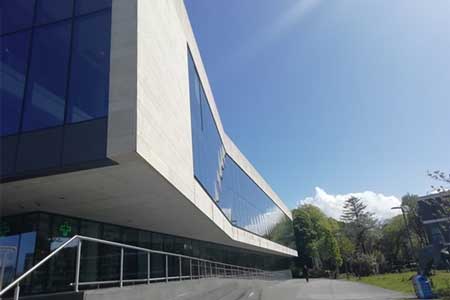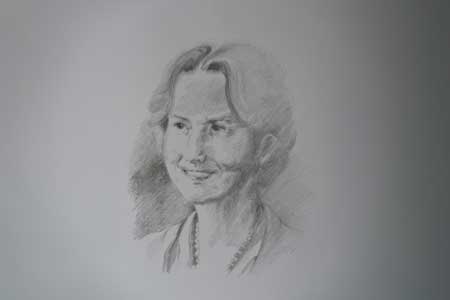
Home to academics, researchers, practitioners and students active in translation in the University of Galway.

The Emily Anderson Centre for Translation Research and Practice is home to academics, researchers, practitioners and students active in translation in the University of Galway. Activities range across a wide range of languages, timeframes and modes of translation. The Centre’s work involves:

Emily Anderson (1891–1962) was born in Galway and entered university (then called Queen’s College Galway) in 1908. She won a literary scholarship after an exceptional performance in her first-year examinations, when she placed first in English, French, German and Latin; in 1909 and 1910 she held the college’s Browne scholarship, and in 1911 graduated with a BA. She specialised in German, and undertook postgraduate work at the universities of Berlin and Marburg.
Appointed modern languages mistress at Queen’s College, Barbados in 1915, she returned to Galway in 1917 and was appointed Chair of German. In 1920 she left the university to work in the British Foreign Office, where she spent the rest of her career. From 1940 to 1943 she was seconded to the War Office, where she worked on intercepted German communications at Middle East GHQ in Egypt. For this work she was awarded the OBE (1944).
Anderson remained interested in languages and translation all her life, translating Benedetto Croce’s work on Goethe (1923) and most importantly, the correspondence of both Mozart and Beethoven. Anderson’s English translation of the Mozart’s letters appeared as Letters of Mozart and his family in 1938, and remains one of the most important sources on the composer.
Source: “Anderson, Emily” in Dictionary of Irish Biography (entry compiled by L. Lunney)